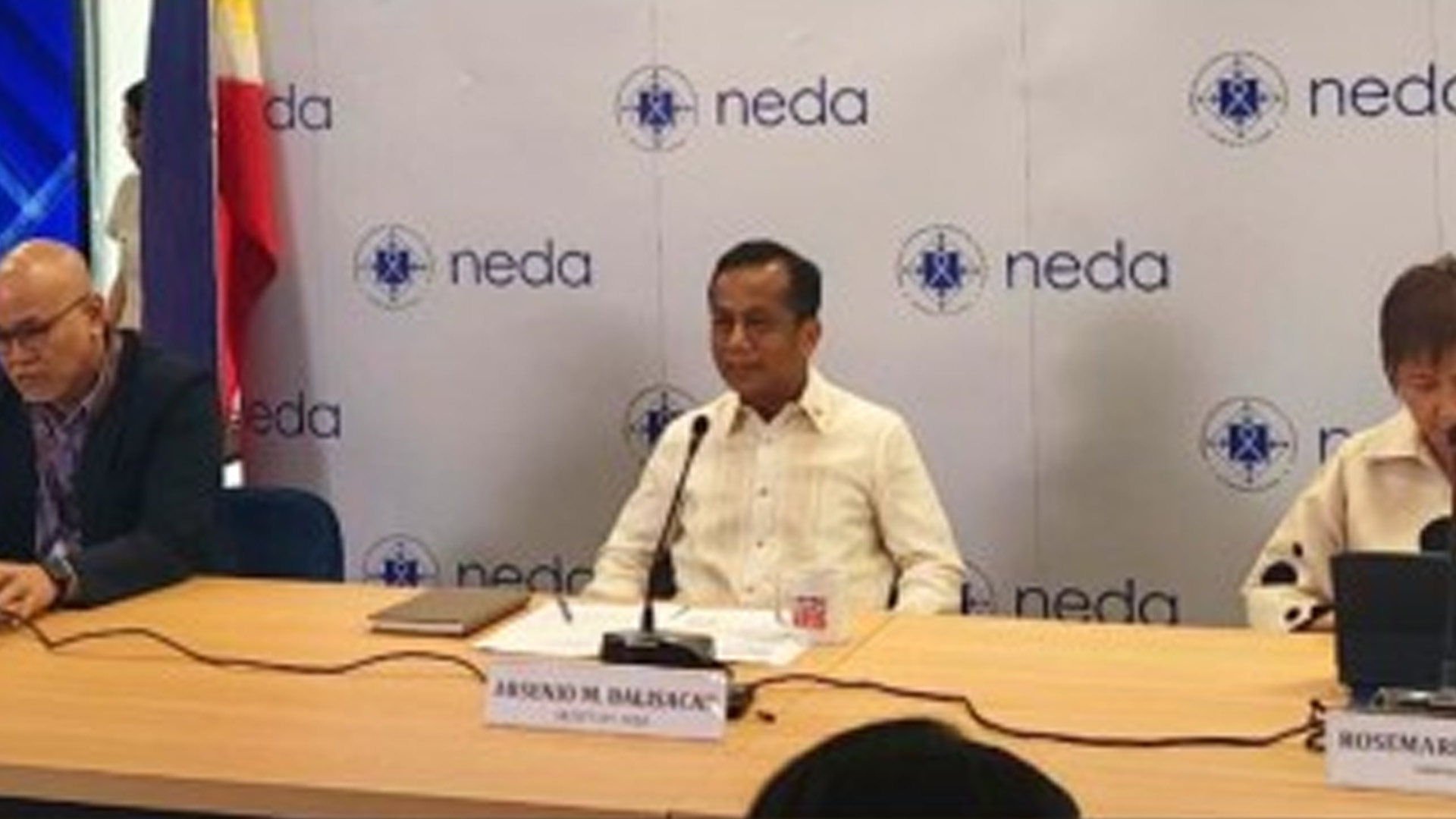The national government is exploring various formats for its offshore funding needs as the country becomes less reliant on official development assistance (ODA) loans, economic managers said Thursday.
In a report, the Development Budget Coordination Committee (DBCC) said these include Eurobonds; Environmental, Social and Governance (ESG)-linked notes; and Sukuk or Islamic bonds.
“The NG capitalizes on the Philippines’ sovereign creditworthiness to access affordable credit from offshore markets as a supplement to regular domestic funding operations,” the DBCC said.
“As the country becomes less reliant on ODA loans upon graduating to upper middle-income status, the NG aims to
maintain its strong track record of reliable access to foreign currency-denominated market financing.”
ODAs are loans or grants that are geared toward promoting sustainable social and economic development for the benefit of the people.
They are contracted with governments of foreign countries with whom the Philippines has diplomatic, trade relations, or bilateral agreements.
The Philippines is aiming to be an upper-middle income country (UMIC) next year.
Achieving the UMIC status, however, means that the country will lose access to ODA loans.
National Economic and Development Authority (NEDA) Secretary Arsenio Balisacan clarified, however, that the country’s development partners assured the Philippines that it will continue to have access to ODAs in the near-term.
“What we are told by some is that once you graduate from a lower middle-income country, you lose already your ODA privileges, which means a lower subsidized interest rate. But we are assured, when we are talking with our development partners, that at least for the near term, we continue to have access to similarly attractive loans,” Balisacan said.
“In fact, many of our current ODA now are long-term anyway. That’s why we have been approving many projects, because we want to take advantage of the situation where we are still a lower middle-income country.”
NEDA Undersecretary Joseph Capuno, for his part, said the grace period will be until 2027.
“When we reach upper middle-income country status next year, we have a grace period, as the Secretary said, up to 2027 for the concessional terms available or extended by our ODA partners,” he said.
To take advantage of the grace period, Capuno said the government is in talks with development partners and implementing agencies to speed up the preparation of ODA-funded infrastructure flagship projects. (PNA)








